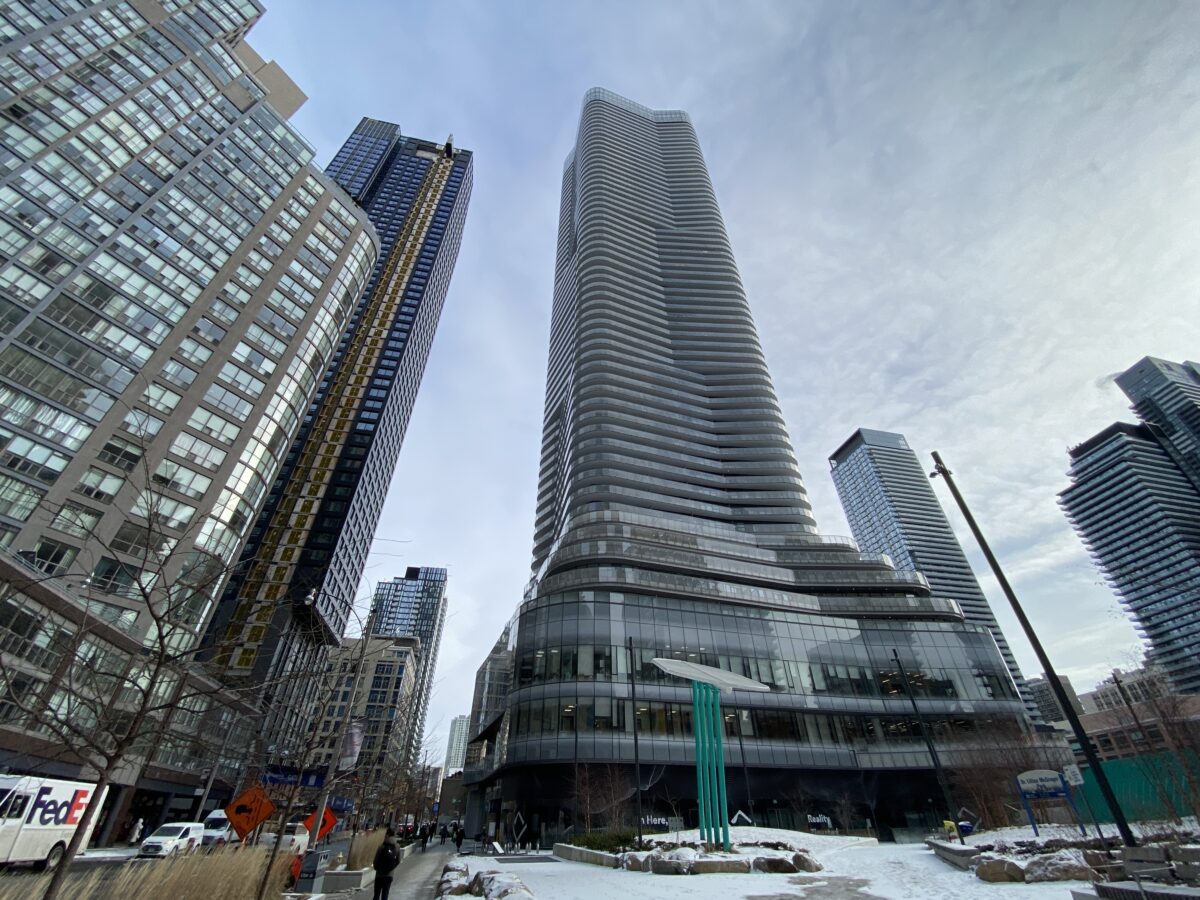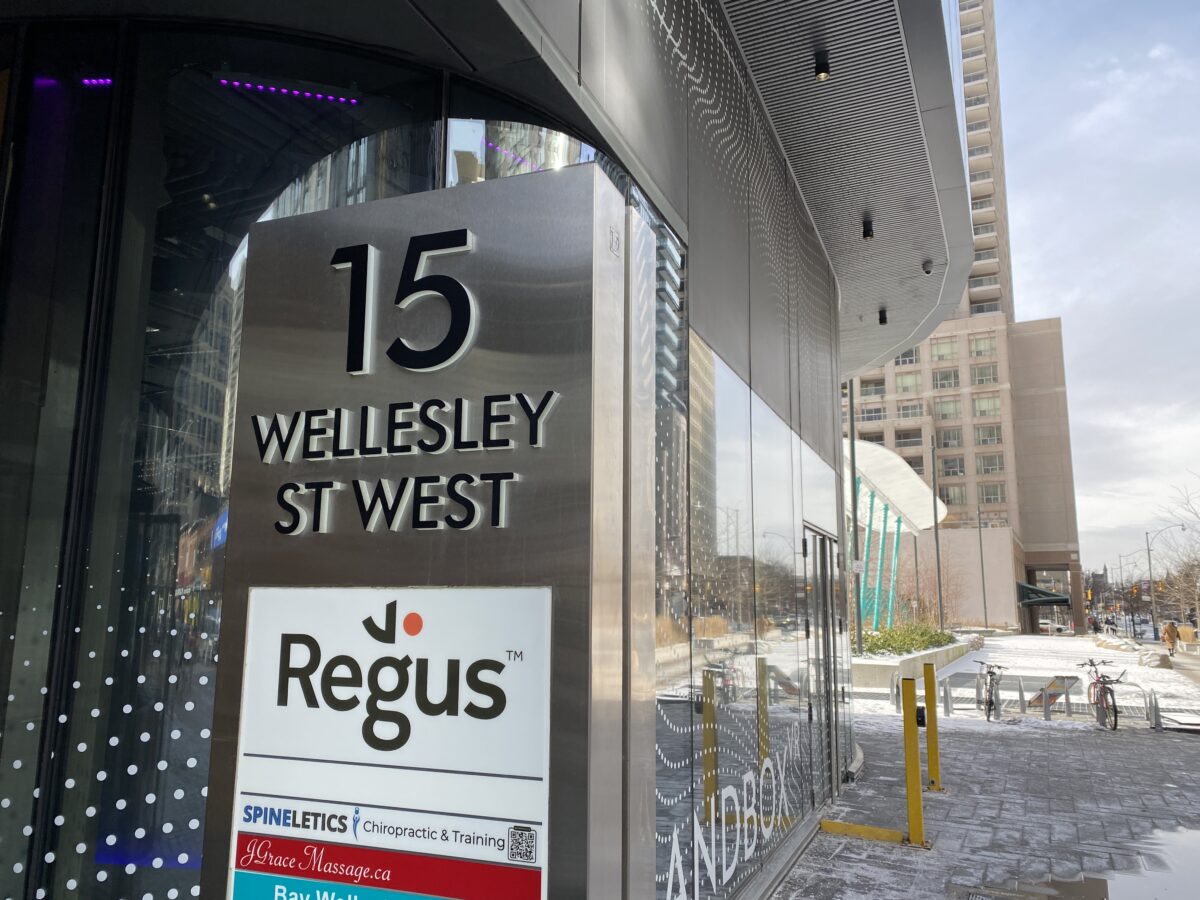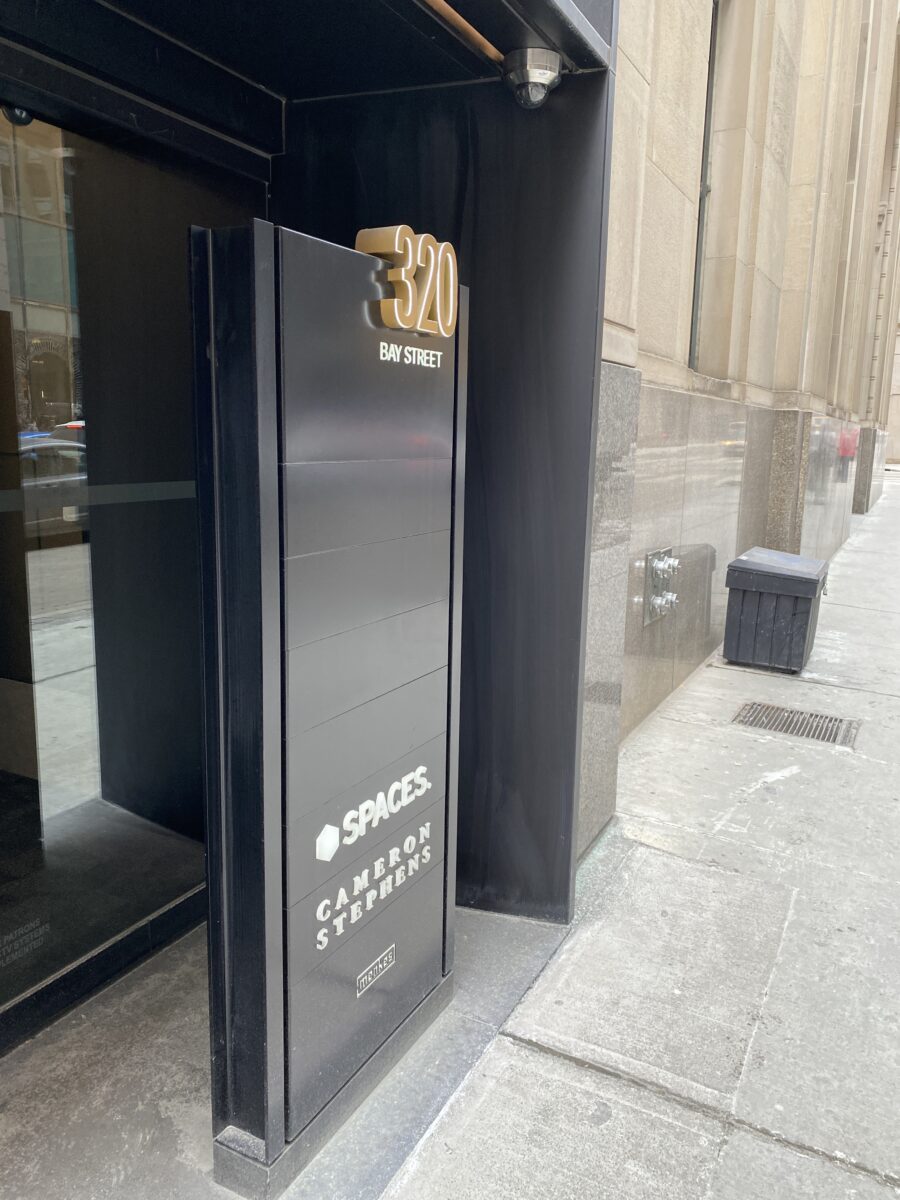Toronto’s architectural heritage is finding new purpose as International Workplace Group (IWG) transforms iconic buildings into modern flexible workspaces, creating vibrant hubs that are reshaping the city’s retail corridors and neighbourhood economies.

“It’s important for us to scout out the best-in-class locations and buildings in every city and town where we open a new centre to ensure the amenities our customers expect are at their fingertips,” says Terri Pozniak, Executive Vice President and Country Manager Canada at IWG. “In fact, we are big advocates of the 15-minute city, a concept that means home, work, education, entertainment, groceries, and shopping are within a 15-minute walk or bike ride.”
This vision of integrated community life is already showing measurable economic impact. In collaboration with ARUP, a global sustainable development consultancy, IWG’s research projected that spending from office workers increases a local economy in the UK by +16% to +36%, with similar uplifts expected in other towns and suburbs worldwide. The higher concentration of white-collar workers provides a cash injection for the neighbourhood in which they are working, with major gains in face-to-face spending across retail, food and drink, and entertainment sectors.

From Historic to Dynamic: The Transformation of Neighbourhood Landmarks
In Leslieville, the iconic Wrigley Building at 235 Carlaw Avenue exemplifies this transformative approach. The May 2024 opening of a 22,077-square-foot Spaces location preserves the 1915 factory’s distinctive features, including 14-foot ceilings and original concrete mushroom columns, while bringing new energy to the neighbourhood’s retail corridor.
At Yonge and Wellesley, the conversion of LOCO SPACE into a 6,000-square-foot Regus location demonstrates how flexible workspaces can integrate with existing community fabric. The space overlooks the new Dr. Lillian McGregor Park, creating natural opportunities for community connection.
“Having a range of amenities within easy reach – shops, restaurants, parks – is a magnet for new members to join our flexible workspaces,” Pozniak notes. “The reality is unique neighbourhood amenities encourage members to come together. By exploring local amenities together, our members strengthen their relationships, and this cultivates a stronger sense of community back in the shared workspaces.”
Multi-Brand Strategy for Diverse Communities

The company’s approach to different neighborhoods reflects a sophisticated understanding of local market dynamics. “International Workplace Group offers choice across its brands of workspaces to accommodate every type of customer. In the same way as hotel groups such as Marriott and IHG offer a brand for every market segment, we do the same,” explains Pozniak.
Spaces locations specifically target neighbourhoods with strong creative and entrepreneurial character. “When we open a new Spaces location, we are looking for a neighbourhood that offers amenities that support the brand’s inspiring design. From local indy coffee shops to modern furniture stores to Michelin-star restaurants – we want Spaces to be in the hub of activity, design, and inspiration.”
The Regus brand, with almost 40 GTA locations, takes a more diverse approach to location selection. “You can find our Regus brands in downtown office towers like First Canadian Place and Exchange Tower. You can also find Regus workspaces in popular shopping plazas in the surrounding suburban cities,” says Pozniak. “From PATH amenities to being close to your large hometown grocery store, our Regus locations are diverse to suit the needs of professionals across various demographics and locations.”
Creating Neighbourhood Ecosystems
The impact of these spaces extends beyond their walls. When entrepreneurs and professionals from different industries share a workspace, it creates opportunities for collaboration and innovation. The mixture of long-term members and drop-in users from IWG’s global network brings fresh perspectives and potential partnerships to local business communities.
This community-building aspect is particularly visible in how members interact with local amenities. Whether it’s morning coffee meetings at independent cafes, lunch gatherings at local restaurants, or after-work networking events at neighbourhood venues, the flexible workspace communities contribute to a more vibrant street life and stronger local economy.
Future Growth and Market Evolution

Looking ahead, IWG has ambitious expansion plans. “Across Canada, we’re adding 100 new locations over the next 2-3 years,” Pozniak reveals. “The reality is the traditional commercial office market is experiencing a rapid decline. Long-term office space leases are being replaced with shorter-term agreements for a reduced amount of fixed space or new arrangements with flexible workspace providers.”
This evolution reflects broader changes in how people work and interact with their communities. “As companies of all sizes continue to commit to the hybrid model, the flex space market is growing rapidly, with JLL predicting that 30% of the office market will be flex by 2030,” notes Pozniak.
The expansion continues with a new 20,000-square-foot Regus opening in Mississauga at 6,700 Century Avenue, demonstrating how the flexible workspace revolution is spreading beyond traditional business districts. “The rise of hybrid working means we must bring flexible workspaces closer to where people live and their hometown amenities — fewer and fewer people are commuting to city centres five days a week,” Pozniak observes.

Building Connected Communities
The network effect of these spaces is significant. Members gain access to over 50 Greater Toronto Area locations, including all Spaces and Regus properties, along with 150 locations across Canada and 4,000 global locations in 120 countries. This connectivity means that local entrepreneurs and professionals can maintain their neighbourhood base while having the flexibility to work anywhere in the network.
For Toronto’s retail corridors, this continued expansion suggests a future where historic properties don’t just preserve architectural heritage but actively contribute to neighbourhood vitality. These adaptive reuse projects demonstrate how the preservation of historic buildings and modern workplace demands can work together to reshape Toronto’s retail landscape, creating vibrant communities that benefit both businesses and residents.
As the city continues to evolve, these flexible workspaces are proving to be more than just offices – they’re becoming central to the economic and social fabric of Toronto’s neighbourhoods, fostering innovation, supporting local businesses, and creating more connected communities.

Dustin Fuhs is the Editor-in-Chief of 6ix Retail. He is the former Editor-in-Chief of Retail Insider, Canada’s most-read retail trade publication. He has over 20 years of experience in the retail, marketing, entertainment and hospitality industries, including with The Walt Disney Company, The Hockey Hall of Fame, Starbucks and Blockbuster.
Dustin was named as a RETHINK Retail Top Retail Expert in 2024 and 2025.
